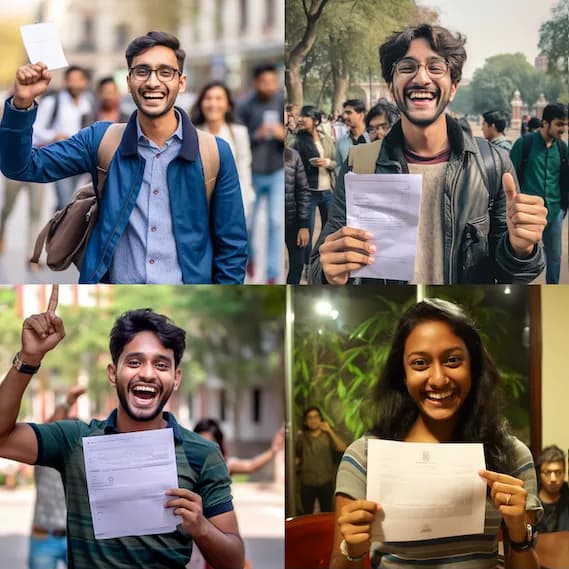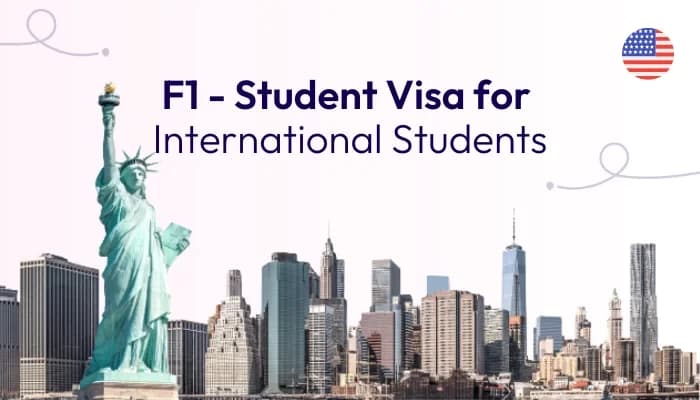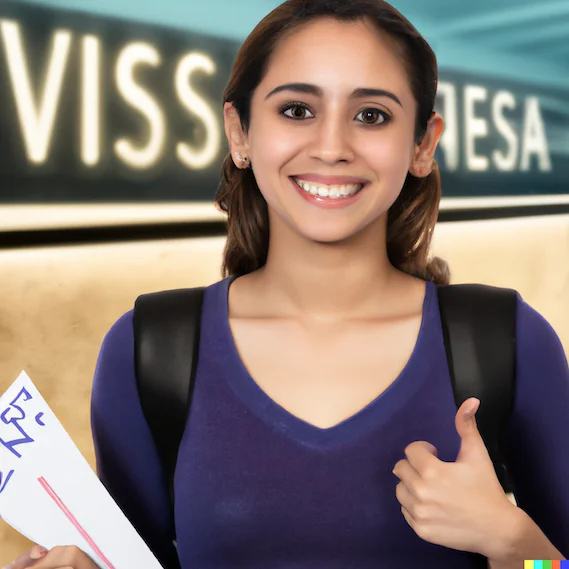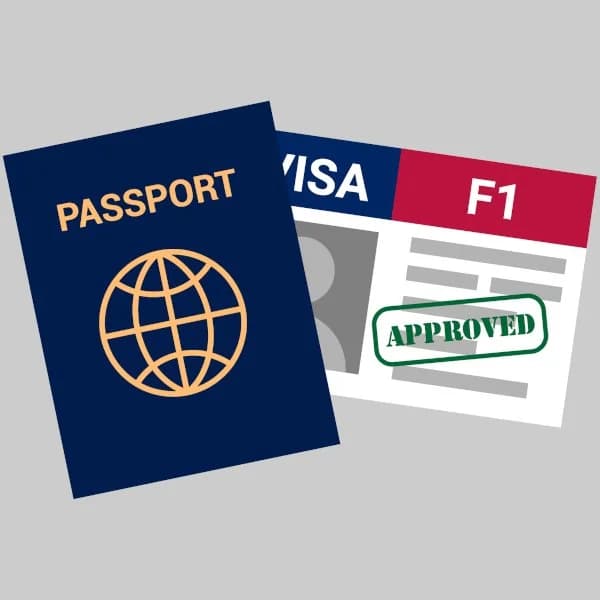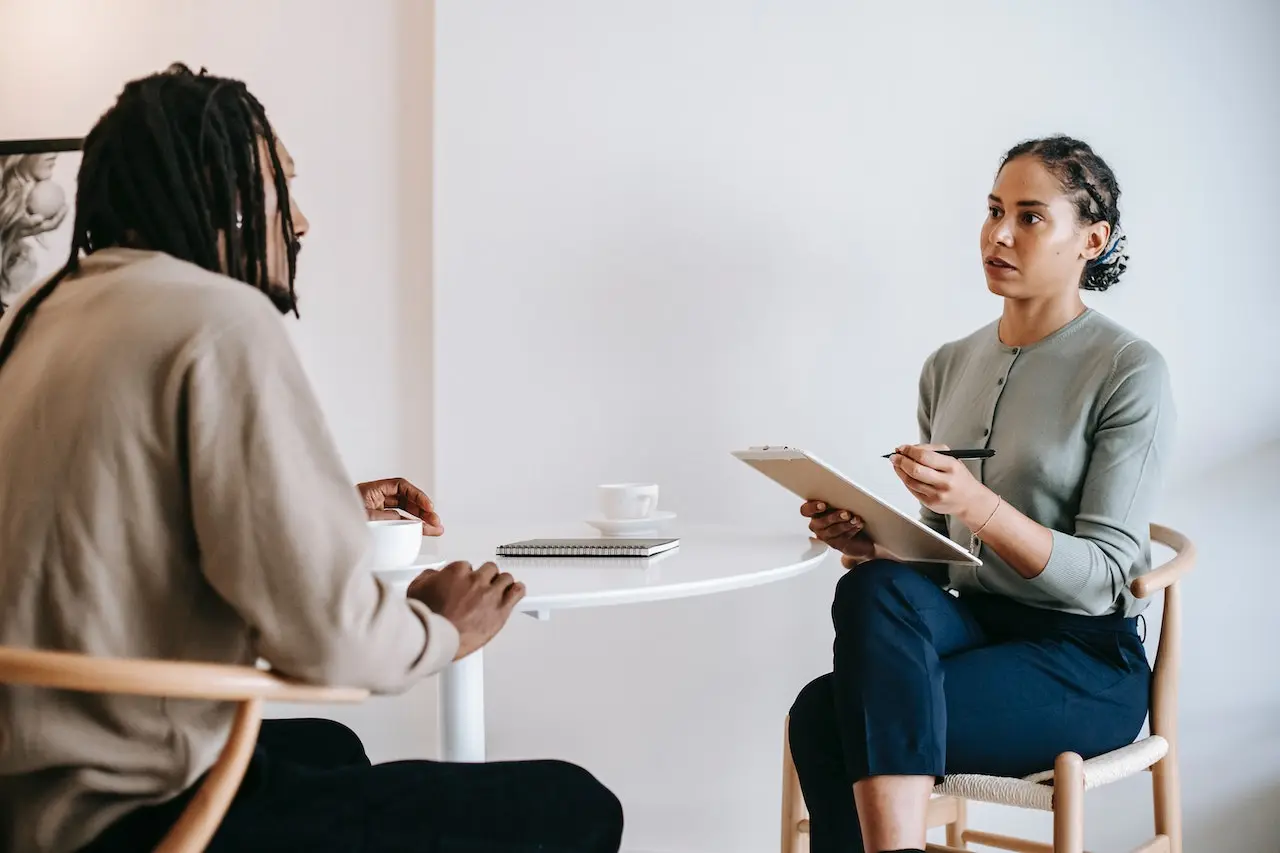Top 20 Myths about What US Visa Officer know in Your F1 Visa Interview
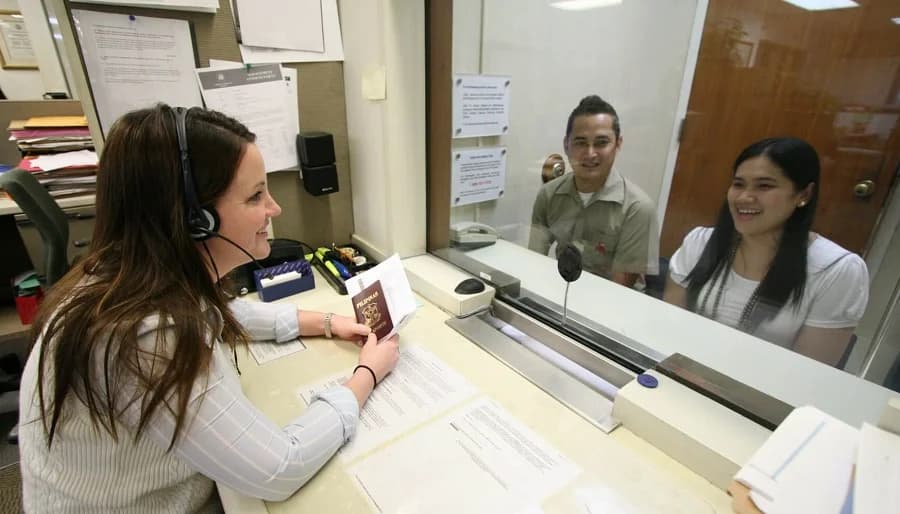
Key Highlights
- Visa officers don’t know everything about your finances.
- They have access to your previous visa applications.
- They know about major U.S. universities, but not all programs.
- They only know about the school listed on your I-20 form.
- They don’t know how many family members you have unless you mention them.
- Visa officers don’t automatically know if you applied through an agent.
- Visa officers may review your social media profiles for inconsistencies.
- They’re not experts in every field of study.
If you’re preparing for your U.S. F1 visa interview, you’ve probably come across a ton of advice, myths, and horror stories from fellow applicants. Everyone seems to have a different take on what U.S. visa officers actually know about you when you sit down for your interview. Some people claim they know everything down to your last meal, while others say they have no clue about your personal history.
The truth is, visa officers have a specific set of things they look for in an F1 visa interview, and while they’re trained to assess you in a short time, they don’t have magical powers to see everything about your life. In this blog, we’re going to bust the top 20 myths about what U.S. visa officers know during the F1 visa interview. So, grab a cup of coffee, sit back, and let’s clear up some of the misconceptions that might be stressing you out.
1. Myth: Visa Officers Know Everything About Your Financial Situation
• Verdict: False
• Fact:
Visa officers don’t have access to your bank accounts or a magic database of your finances. They rely on the documents you present and your ability to explain how you’ll fund your education. So, while they can assess the information you give, they don’t know every financial detail unless you provide it. This is why it’s so important to bring clear, credible documents showing your sources of funds.
2. Myth: Visa Officers Can See All Your Previous Visa Applications
• Verdict: True
• Fact:
Yes, visa officers do have access to your visa history. They can see whether you’ve applied before and the results of those applications. If you’ve been denied a visa in the past, don’t panic—just be ready to explain what’s changed since then. Being upfront is always better than trying to hide something they already know.
3. Myth: Visa Officers Know Your Entire Travel History
• Verdict: False
• Fact:
Visa officers don’t have a comprehensive log of every trip you’ve taken. However, they do check the information you provide on your DS-160 form and your passport stamps. They might ask questions about past travels, especially if you’ve visited the U.S. before, but they won’t have every detail unless you give it to them. So, be honest, and don’t stress about them knowing every single vacation you’ve had.
4. Myth: Visa Officers Have Detailed Knowledge of the U.S. Schools You Apply To
• Verdict: Partially False
• Fact:
Visa officers know about major U.S. universities, but they’re not familiar with every program. That’s where you come in. It’s up to you to clearly explain why you chose that particular school and how it aligns with your academic and career goals. They want to see if your choice makes sense for your future plans.
5. Myth: Visa Officers Know If You Plan to Return to Your Home Country
• Verdict: False
• Fact:
Visa officers can’t read your mind. They don’t “know” if you plan to return home after your studies, but they will look for evidence of strong ties to your home country. This might include family, job prospects, or property. So, while they don’t know your future, they make an educated guess based on the evidence you provide.
6. Myth: Visa Officers Know How Many Universities You Applied To
• Verdict: False
• Fact:
Visa officers don’t have access to a secret list of all the universities you applied to. They will only know about the school listed on your I-20 form. However, they may ask why you chose this specific university, so be ready to talk about why it’s the best fit for you. This is where you can really shine and show how well you’ve planned your academic journey.
7. Myth: Visa Officers Know How Many Siblings or Family Members You Have
• Verdict: False
• Fact:
Visa officers don’t have a family tree with your name on it. They won’t know how many siblings or family members you have unless you mention them, especially when it comes to financial sponsorship or ties to your home country. So, only discuss what’s relevant to your visa application.
8. Myth: Visa Officers Know If You Applied Through a Consultancy or Agent
• Verdict: False
• Fact:
There’s no way for a visa officer to automatically know if you applied on your own or with the help of an agent or consultancy. What matters is the authenticity of your application and how well you present yourself in the interview. Whether you got help or not, make sure you’re fully prepared to answer questions about your application.
9. Myth: Visa Officers Know If You’ve Already Paid Your Tuition Fees
• Verdict: False
• Fact:
Visa officers don’t have an internal payment tracker to see if you’ve paid your tuition fees. If they ask about it, they’re likely testing your financial preparation for studying in the U.S. If you’ve made a payment, show proof. If not, explain how and when you plan to pay.
10. Myth: Visa Officers Know if You Have a Scholarship
• Verdict: Partially True
• Fact:
Visa officers can see if you’ve received a scholarship by checking your I-20. For external scholarships, you’ll need to mention them and provide documentation. Make sure to explain how it helps cover expenses—it’s a strong point in your favor!
11. Myth: Visa Officers Know If You Plan to Work in the U.S.
• Verdict: False
• Fact:
Visa officers don’t have psychic abilities. They won’t know if you plan to work illegally, but they are trained to look for red flags that might suggest this. Make sure to focus on your academic intentions and explain that you’ll follow the visa rules, such as working on-campus or using Optional Practical Training (OPT) if applicable.
12. Myth: Visa Officers Know If You Have Family in the U.S.
• Verdict: Partially True
• Fact:
Visa officers might know if you have close family members living in the U.S., as this can be relevant to your application. But they won’t know about every distant cousin or aunt unless you tell them. Be honest about any immediate family in the U.S., but don’t worry about them knowing your entire family tree.
13. Myth: Visa Officers Have Access to Your Social Media Profiles
• Verdict: True
• Fact:
Since 2019, visa officers may review your social media profiles as part of the application process. However, they don’t automatically have access to all your posts and private messages. What they do look for are inconsistencies between your social media activity and your visa application. It’s always a good idea to ensure that your social media aligns with the intent of your student visa.
14. Myth: Visa Officers Know Your Interview Answers in Advance
• Verdict: False
• Fact:
Visa officers don’t know what you’re going to say before you say it. However, they’re trained to ask probing questions based on your responses, and they will compare your answers to the information in your application. If something doesn’t match up, they might dig deeper, so make sure your answers are honest and consistent.
15. Myth: Visa Officers Are Always Looking for a Reason to Deny You
• Verdict: False
• Fact:
Visa officers aren’t out to get you. They’re not trying to deny your application. Instead, they’re looking to see if you meet the requirements for the visa. Their goal is to assess whether you’re a genuine student who intends to follow the visa rules and return to your home country after completing your studies. Focus on being clear, honest, and prepared.
16. Myth: Visa Officers Know Your Future Career Plans in Detail
• Verdict: False
• Fact:
Visa officers aren’t career counselors, and they don’t know your exact career path. They will, however, ask about your future plans to assess whether your field of study aligns with your goals. Be ready to explain how your U.S. education will benefit your career back home, but don’t worry about them knowing every step of your plan.
17. Myth: Visa Officers Know How Long You Will Stay in the U.S.
• Verdict: False
• Fact:
Visa officers can’t predict the future. They don’t know how long you’ll stay in the U.S., but they are trained to assess whether you have strong ties to your home country. It’s up to you to show that you plan to return home after your studies, whether that’s through family, job prospects, or other commitments.
18. Myth: Visa Officers Know If You Plan to Transfer to Another School
• Verdict: False
• Fact:
Visa officers don’t know if you plan to transfer schools after arriving in the U.S. However, if your intentions change after arriving, you must follow the correct procedure to transfer to another institution. In the interview, focus on the school listed on your I-20 and explain why it’s the right fit for you.
19. Myth: Visa Officers Know If You Plan to Drop Out
• Verdict: False
• Fact:
Visa officers can’t predict if you’re going to drop out of school. However, they are trained to detect warning signs, like vague answers about your academic goals or unclear future plans. Make sure you can clearly articulate why you want to study in the U.S. and how it fits into your career path.
20. Myth: Visa Officers Have Detailed Knowledge of Your Field of Study
• Verdict: False
• Fact:
Visa officers aren’t experts in every academic field. They might not know all the specifics of your program, so it’s up to you to explain why you chose that field and how it aligns with your goals. Be clear about why this program is the best choice for your future, and they’ll be more likely to approve your visa.
Final Thoughts: It’s About What You Tell Them
The F1 visa interview can feel like a high-stakes game, but remember, visa officers don’t have a crystal ball. They rely on the information you provide and how well you can articulate your plans. The best way to prepare is to be honest, stay consistent, and focus on your academic and career goals.
Remember, visa officers are trained to assess your application quickly, but they don’t know everything about you. If you’re truthful and prepared, you’ll stand out as a genuine student, and your chances of approval will increase.
Good luck with your F1 visa interview preparation!
Have Questions About This Topic?
Join our community to get personalized advice and share experiences with others going through similar visa processes.

